Over-the-counter medications are often used to treat mild symptoms, relieve pain, reduce fever, fight inflammation, control allergies, and some creams to treat dermatitis and skin fungus. Abusing these medications can cause many harmful effects to health, even serious ones, according to the health website Healthline (USA).
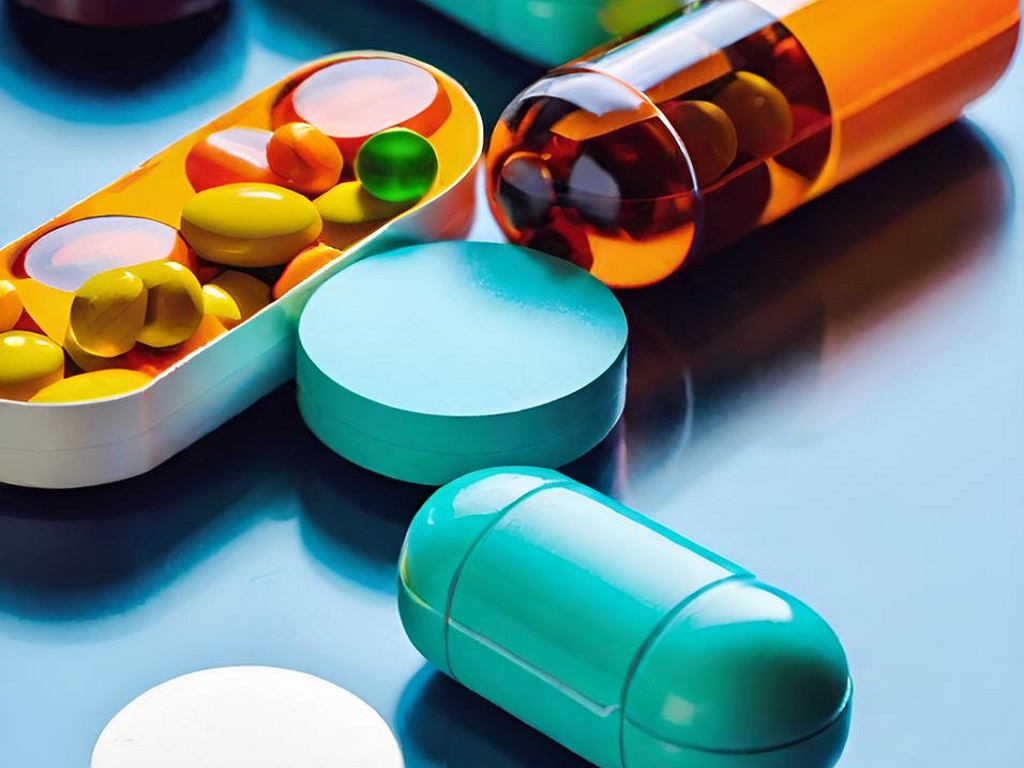
Overuse of over-the-counter medications can harm the liver, kidneys, stomach, or heart.
A study published in the journal Research in Social and Administrative Pharmacy found that nearly 180,000 hospitalizations are recorded each year in the United States due to overuse of non-prescription drugs. The harmful effects that patients may experience when overdosing on non-prescription drugs include insomnia, difficulty breathing, gastrointestinal bleeding, stomach ulcers, liver and kidney damage, and other problems.
Mistakes to avoid when using non-prescription drugs include:
Use double the dose of the ingredient.
Over-the-counter pain relievers like Tylenol, non-steroidal anti-inflammatory drugs (NSAIDs) like ibuprofen, naproxen all have pain-relieving properties. People with the flu only need to take one type. However, patients can make the mistake of combining these drugs together, leading to overdose without knowing it.
Using decongestants inappropriately
Many people with colds or flu turn to decongestants to relieve their stuffy nose. However, they are not suitable for everyone. People with high blood pressure, irregular heartbeats, or other heart conditions should be cautious when using decongestants. Decongestants can interfere with certain medications used to treat asthma, blood pressure, or depression.
Overuse of NSAIDs
Common pain relievers include ibuprofen and naproxen. If taken in large doses or for long periods of time, they can damage the kidneys, cause fluid retention, and be harmful to people with heart failure.
Take aspirin for pain relief
Aspirin should not be used for severe pain. Long-term use of aspirin increases the risk of gastrointestinal bleeding, damage to the stomach and duodenum, and even kidney damage or acute kidney failure, according to Healthline.
Source: https://thanhnien.vn/4-sai-lam-de-mac-khi-dung-thuoc-khong-ke-don-185250111165138014.htm



![[Photo] Looking back at the impressive moments of the Vietnamese rescue team in Myanmar](https://vstatic.vietnam.vn/vietnam/resource/IMAGE/2025/4/11/5623ca902a934e19b604c718265249d0)



![[Photo] "Beauties" participate in the parade rehearsal at Bien Hoa airport](https://vstatic.vietnam.vn/vietnam/resource/IMAGE/2025/4/11/155502af3384431e918de0e2e585d13a)
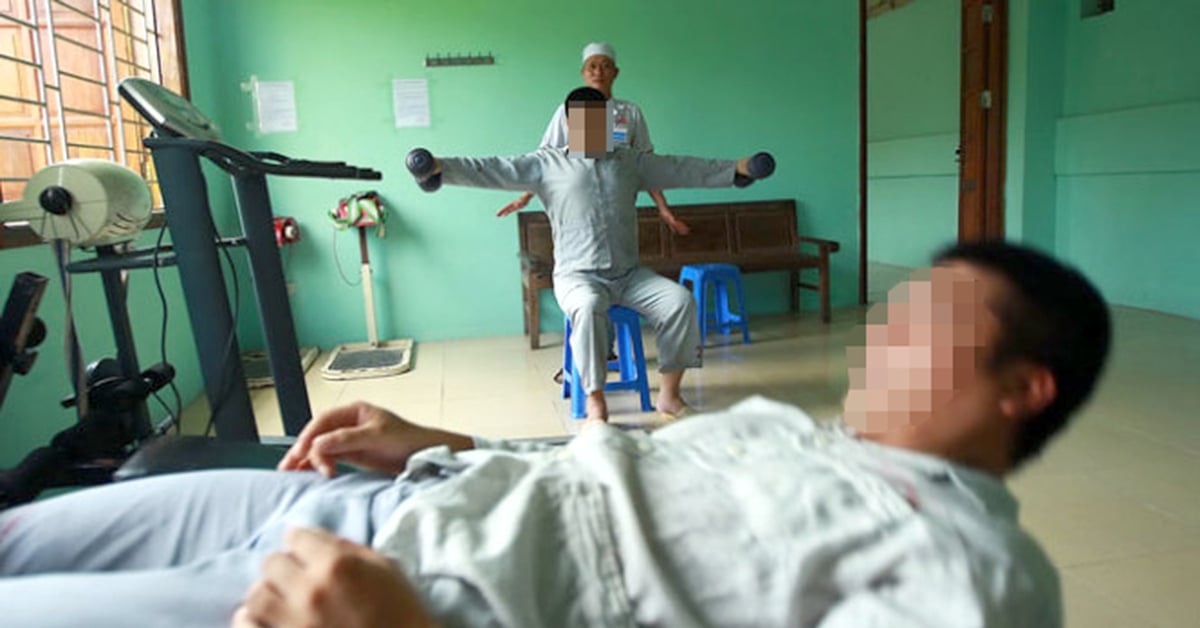




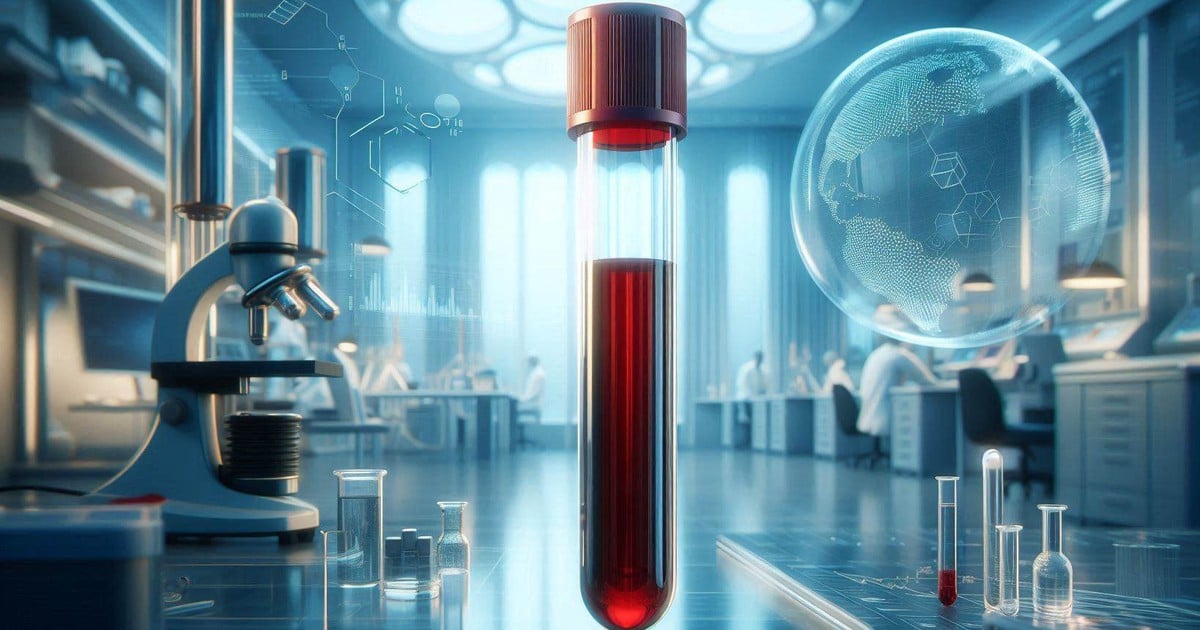
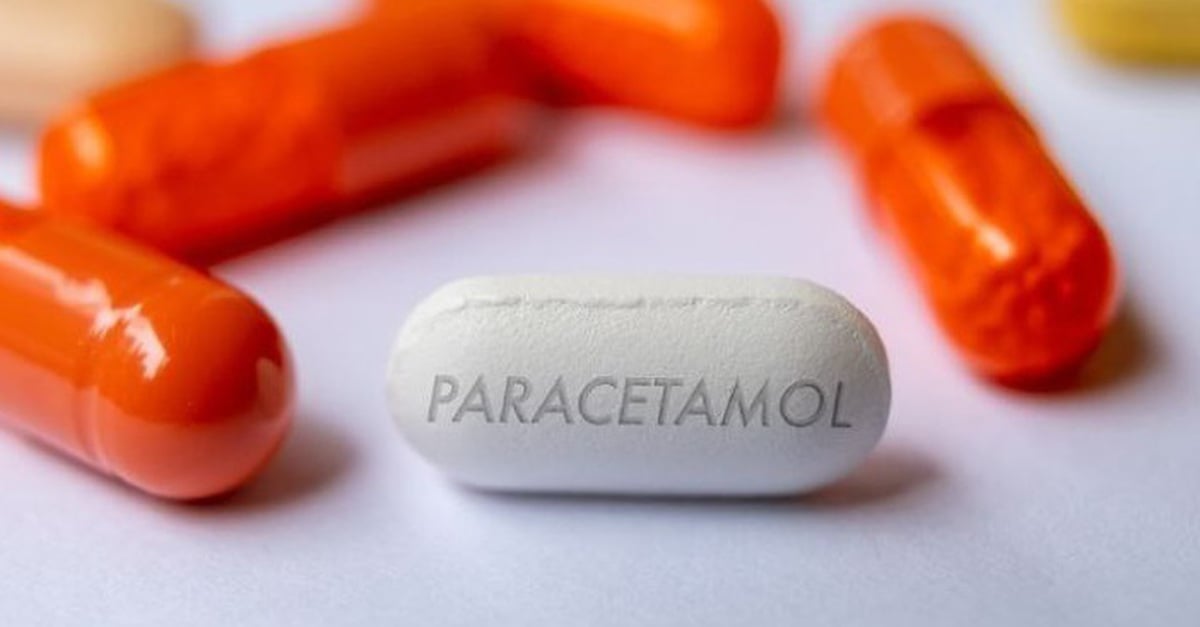





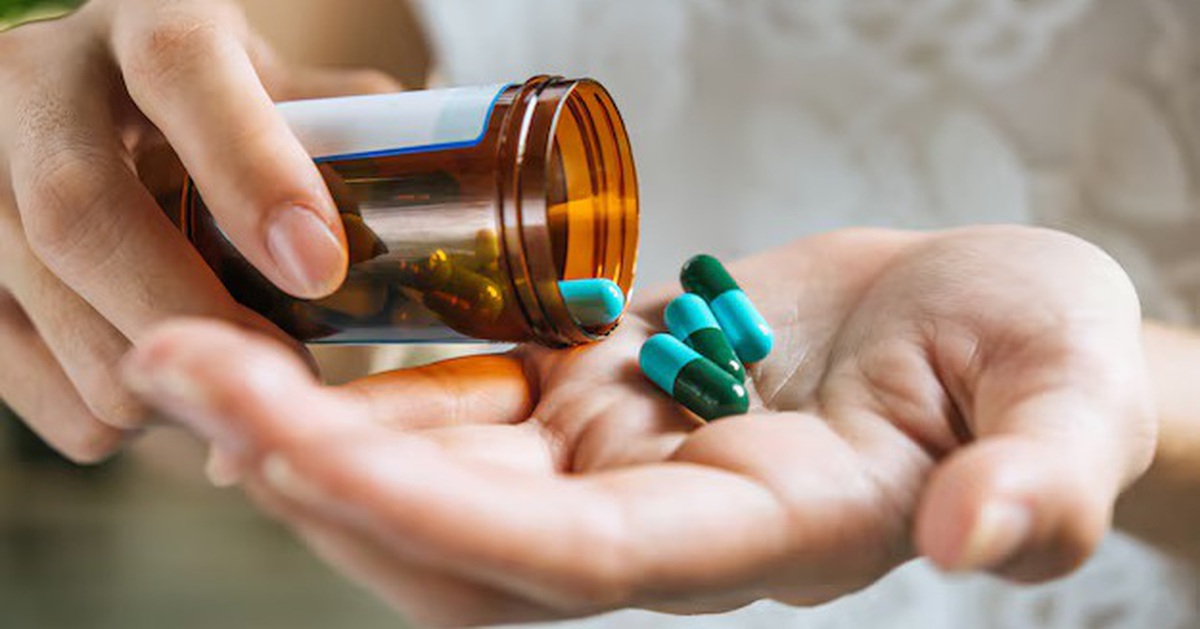










![[Photo] Summary of parade practice in preparation for the April 30th celebration](https://vstatic.vietnam.vn/vietnam/resource/IMAGE/2025/4/11/78cfee0f2cc045b387ff1a4362b5950f)

















































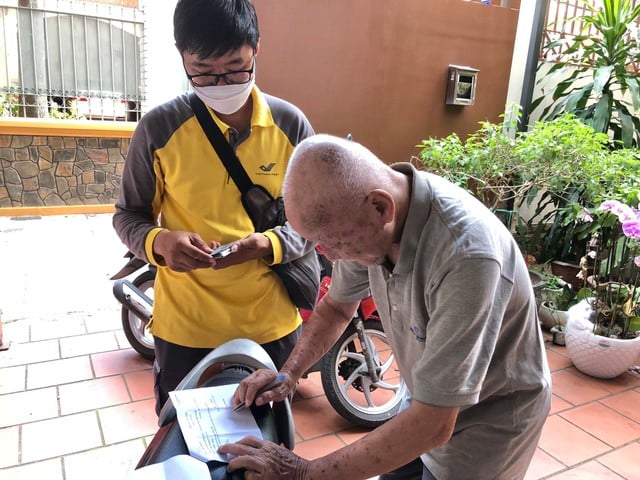









Comment (0)